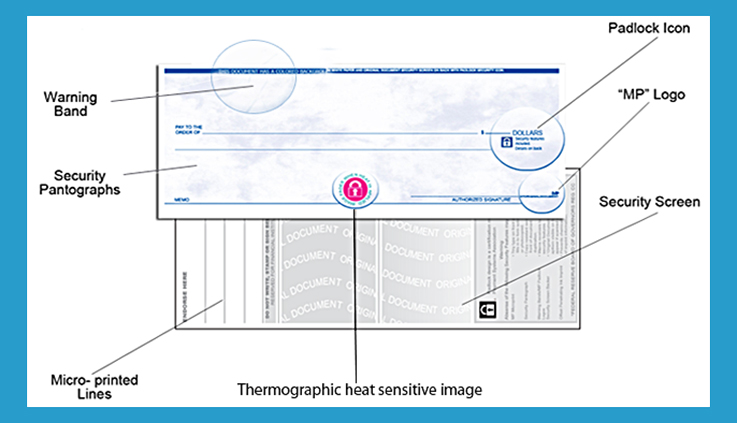When it comes to managing trusts, the role of a trust administrator is pivotal. Tasked with assessing the value of trust assets and liabilities, the administrator plays a crucial role in calculating and paying the necessary taxes. However, their duties extend far beyond financial matters, encompassing fiduciary responsibilities, timely administration, and maintaining the prudence and fairness expected of such a role.
Fiduciary Duties and Obligations
Acting as a trustee or administrator of a trust comes with a set of fiduciary responsibilities. Paramount among these is the duty to treat beneficiaries with honesty, fairness, and transparency, disclosing all relevant information about trust matters. Failure to uphold these responsibilities can result in legal disputes and potential litigation. It is the trustee’s obligation to manage the trust’s assets in the best interest of both the trust and its beneficiaries. This involves overseeing asset management, distribution, and any other duties essential to the proper functioning of the trust.
Furthermore, the trustee is responsible for notifying all concerned parties, including beneficiaries, potential heirs, or relevant institutions, about the status and proceedings of the trust. Clear and timely communication is key to building trust and avoiding misunderstandings or disputes.
Timely Trust Administration
The timely administration of a trust is critical in ensuring the smooth execution of an estate plan. Estate settlement can be a complex process, often taking several months to complete, contingent upon various factors, such as the complexity of the estate and the need to address any outstanding taxes or legal considerations. Setting up meetings with beneficiaries to discuss asset distribution and resolve any potential conflicts is essential for a seamless execution of the estate plan.
Maintaining open communication with beneficiaries is crucial to keeping them informed about the progress and developments within the trust. This fosters transparency and trust, minimizing the risk of potential disputes arising from misunderstandings or misinformation.
The Significance of Prudence and Fairness
Prudence and fairness are fundamental attributes expected of a trust administrator. These traits dictate that the trustee should make all investment decisions in the trust’s best interest, avoiding any potential conflicts of interest or biases toward specific beneficiaries. Operating in good faith and disclosing any personal gains or conflicts of interest is crucial for a trust administrator’s credibility and overall trust management.
The Role of a Trust Administrator
The responsibilities of a trust administrator are multifaceted, requiring a deep understanding of legal documentation, client relationships, and financial management. Ensuring accurate record-keeping, proactive communication, and compliance with legal and tax regulations are key components of this role. A strong attention to detail, organizational skills, and in-depth knowledge of trust laws and regulations are essential prerequisites for a successful trust administrator.
Trust administrators can be individuals, teams, trust companies, banks, or law firms. While the nature of the trust may vary, the core responsibilities often remain consistent. A trust administrator must liaise closely with beneficiaries, manage assets effectively, and ensure all trust-related transactions and reports are handled accurately and transparently. This involves meticulous accounting, tax filing, and adherence to the terms and conditions outlined in the trust documents. Trust administrators play a vital role in upholding the integrity and efficacy of trusts, thereby contributing to the long-term financial security and well-being of beneficiaries.




